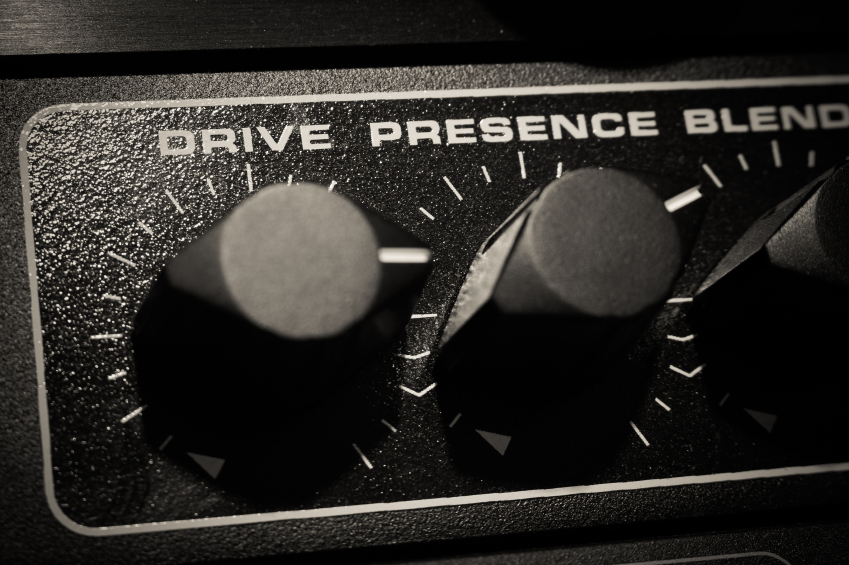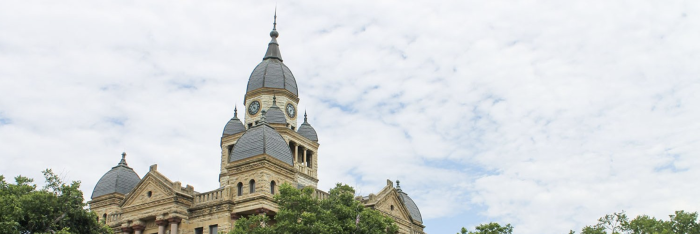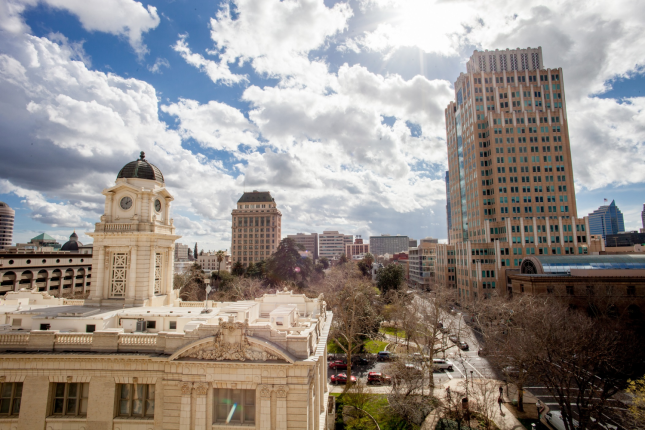 My career spans three decades in local government with wide-ranging administrative experiences in small cities, large counties and now with five years of private sector experience working in public sector recruitment, strategic planning and organizational management. My current position offers me unique opportunities to work with public agencies as small as 1,000 and as large as 1,185,000.
My career spans three decades in local government with wide-ranging administrative experiences in small cities, large counties and now with five years of private sector experience working in public sector recruitment, strategic planning and organizational management. My current position offers me unique opportunities to work with public agencies as small as 1,000 and as large as 1,185,000.
In my executive recruitment work I provide on-going information and advice to applicants interested in applying for a position. Questions I am often asked, “Tell me about the City.” “What do you know about the County Board?” “What happened to the last Administrator?” These questions are common and anticipated. The questions change and evolve as applicants move further in the process. The interview stage is where the next round of questions often surface. The most common question is: “Now, tell me again what the elected body (insert City Council, County Board, etc.) is looking for in their next administrator.” By this time in the process the answer to that question is simple.
However, the balance of this column is not about what are the right questions to ask, but rather what is the right impression to be left. You see it is much more than just questions that decide your fate in an interview.
On Monday, July 14, my son and I attended the All Star Game Home Run Derby Contest at Target Field in Minneapolis. I grew up in a baseball family. My father was a long-time Chicago Cub fan who never had the chance to see his team win a World Series. To this day my family and I enjoy “going out to the ballpark” to watch our favorite team play. So in the spirit of the summer and with a metaphor that is very apropos, let me offer a few of my personal recommendations on “how to hit a home run in an interview.”
One of the fundamentals that applicants often overlook is the practice (yes practice), effort and preparation that is necessary to hit it out of the ballpark during the interview. As someone who has witnessed hundreds of interviews, I have seen it all. I can tell in five minutes with 90% accuracy how an interview is going to end up. I know in advance what I am looking for – only a few fundamentals and to be quite candid, they are relatively easy to spot and see. Here is what I look for in an interview:
- Energy and passion – Do you raise the level of energy in the room; can you show sincere passion for the community? Do you have a genuine interest in the position?
- Preparation – Have you studied the organization and do you have a working understanding of what is going on especially in the area of your interest? You are not expected to be a scholar, but the best interviewees are knowledgeable, learned and engaging in their conversation based on what they know.It is so easy to tell who has and who has not prepared.
- Timing – How well do you manage the time allotment and can you offer insights and information in a succinct and clear manner? Sometimes time management in an interview is just as important as the answers to your questions.
- Personal touch – Do you shake hands; do you know the interviewers names or a little bit of history about who they are and what they do; can you make an emotional connection? Above all, leave the room with the sense that the people who you just met really want to work with you. These small touches matter a lot.
When interviews are completed and we inform applicants of their status. I find myself saying more and more, it is not about what you did or said; it is about what you didn’t do that was the difference.



